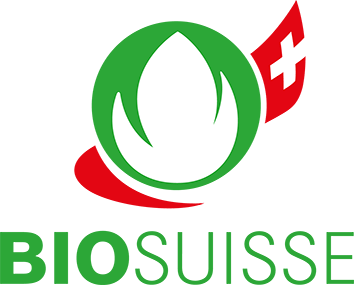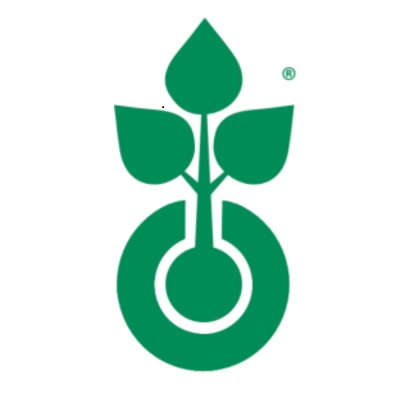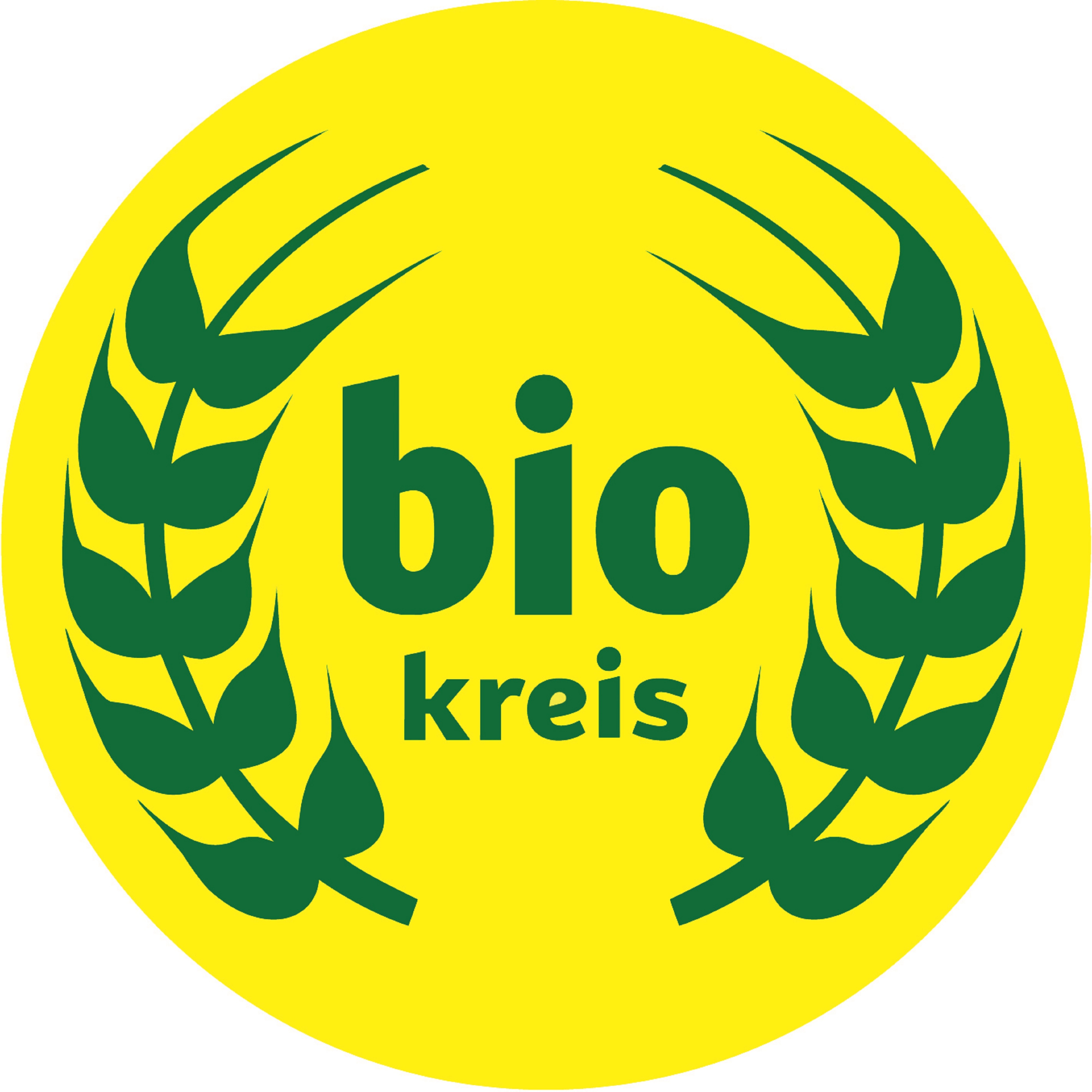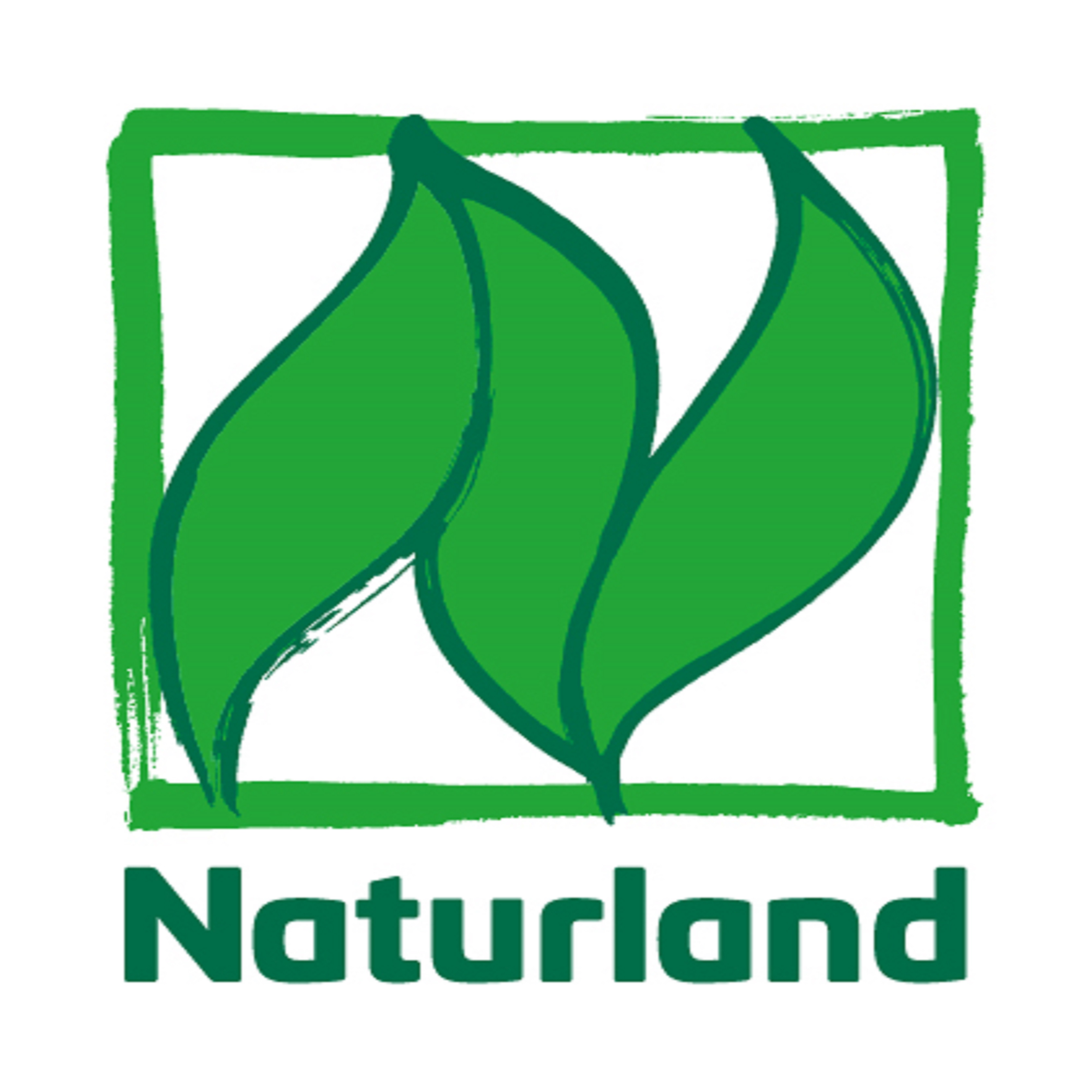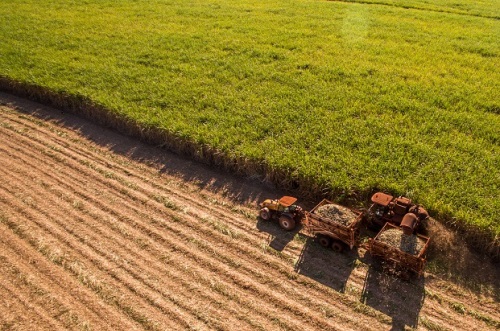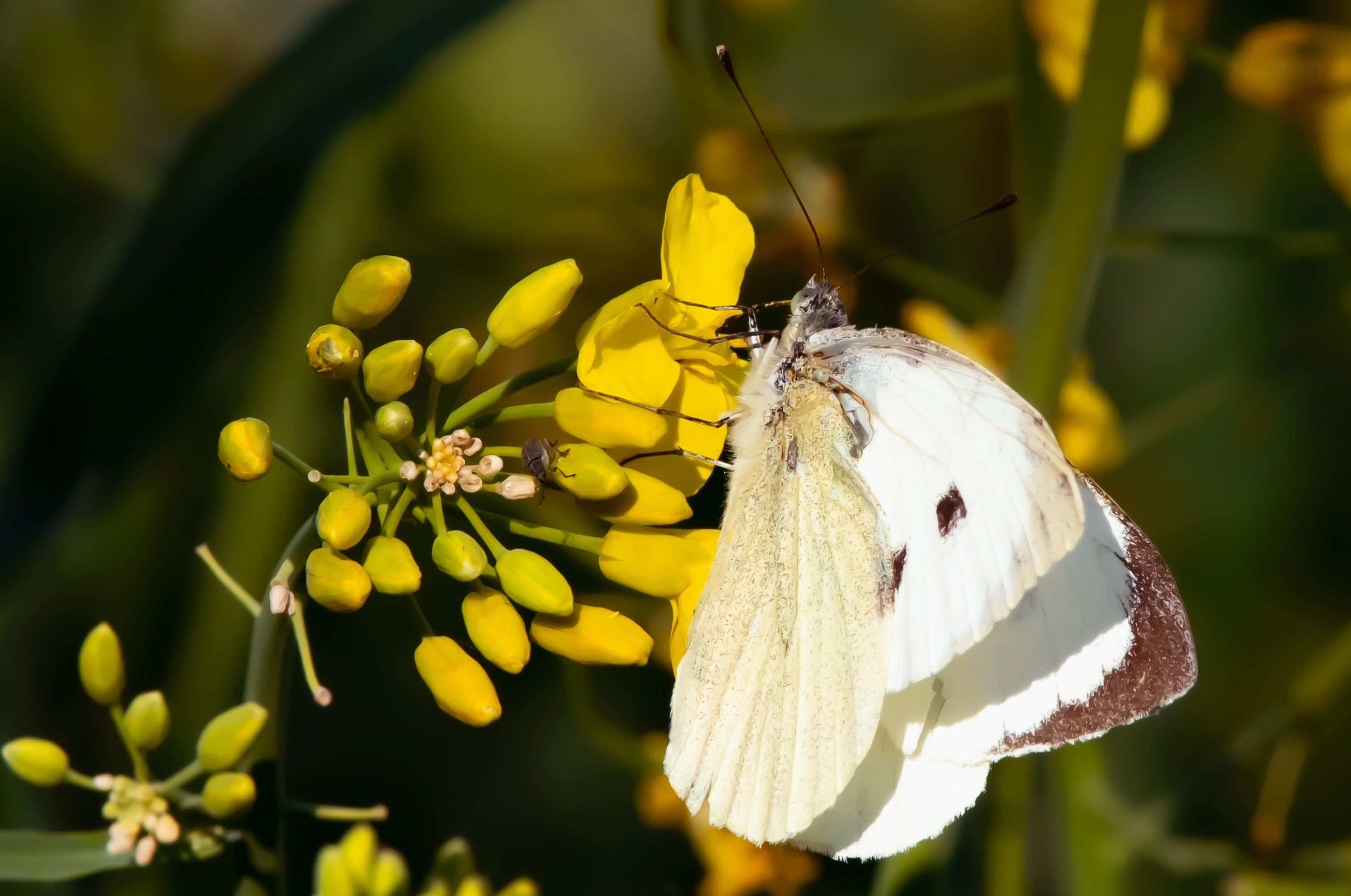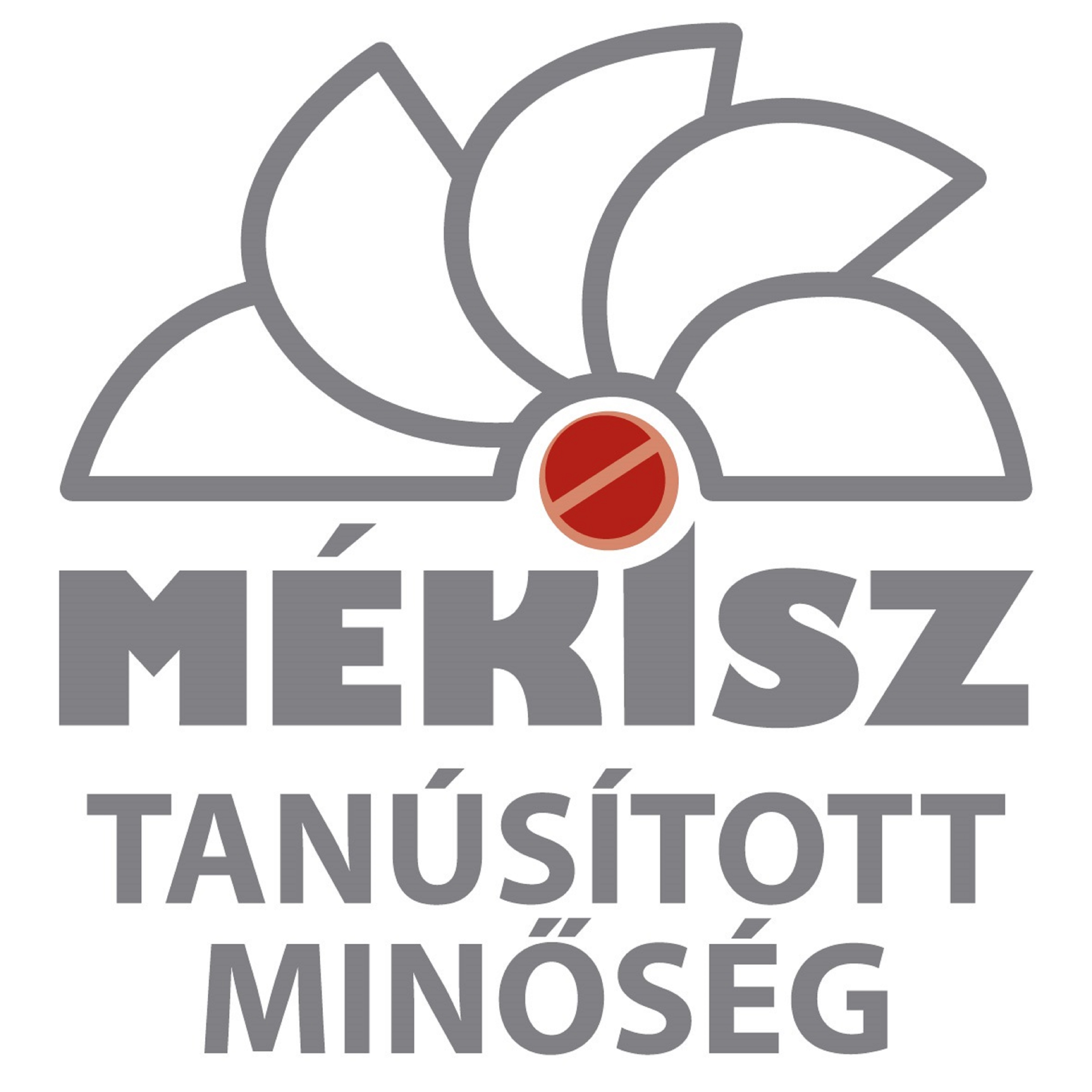
Our services - certification of organic farming, organic processing and organic food trade
Our main activity is the inspection and certification of organic agricultural farms, processing plants and traders. We offer our services in the ‘Agriculture’ and ‘Processing and Trade’ divisions.
Please select the relevant division. You will then see an overview of the services available.
Your path to certification, step by step
You express your interest
Click on the “Register interest” button and fill in the form
We contact you
by phone or mail
You register with us
Sign and send in the registration form
We inspect you on site,
certify your products and issue the certificate
Bio Garancia Kft. is an accredited inspection and certification body in accordance with ISO 17065. All activities are subjected to supervision by the National Accreditation Authority (NAH) and the National Food Chain Safety Office (Nébih).
Enrollment of new companies
New clients can register with us on our website for the desired services.
On-site inspection
We conduct the on-site inspection using an integrated and structured checklist. We send the documents which have to be completed to our clients prior to the inspection. During the inspection our inspector puts together an inspection report, in which their observations and the measures which have to be done by the client following the inspection, are recorded, along with the deadlines of these. In the end of the inspection our inspector shares the content of the inspection report, then both parties sign it. Following this the inspection report and all belonging documents are forwarded to the certifier. Therefore the inspection and the certification processes are never conducted by the same person.
Certification procedure
The certification body checks all the information collected by the inspector during the inspection process. If the farm/processing plant and the products comply with the regulations, the certificate is issued and the certification process is concluded.
Organic farming
Organic farming is the farming, food production system, which either prohibits or restricts the application of soil enhancing products, fertilizers, certain plant protection products, and veterinary medicine products. Organic farming gives priority to sustainability, biodiversity and to the protection of the environment. The economic operator applies the rules prescribed in the EU organic regulation within a strict control framework.
In order for someone to deal officially with organic farming, it is necessary to register with one of the certification bodies. From the day of the registration it is mandatory to comply with the EU organic regulation, which is defined by the EU and integrated. The participant of organic farming is obliged to correspond with requirements, and to verify this with documents throughout the year, which is reviewed by the organic certification body.
An organization operating outside of the certification system is not permitted to sell their products with marking referring to organic farming, not even in case the activity of their farm is similar or possibly identical with regulated organic farming.
One of the most important requirements is that in organic farming the use of genetically modified animals, plant materials and substances is not permitted. Apart from a few exemptions the application of chemically produced sintetic plant protection products, easily soluble phosphorus fertilizers and sintetic nitrogen fertilizers is prohibited.
Below you can read a few statements confirmed by research, which speaks for agriculture (ÖMKi, 50 reasons for organic farming):
- organic farms are inspected officially, the activity of producers is regulated in regulations,
- organic products contain more important nutrients as the conventional ones: the level of omega-3 fatty acid is higher in milk, the vegetables and fruits are richer in polyphenols and flavonoids,
- there is less chance for the occurrence of plant protecting products in plants grown in organic farming,
- in organic animal husbandry sintetic performance boosters are not used, animal mutilation is prohibited,
- it is a requirement for organic livestock farms to have a runway or pasture, hence the animals have appropriate space for their needs,
- an organic farm is a more beneficial living space for birds – they are present more often and nest more,
- the rate of organs is higher in organically cultivated soils – worms, spiders, other arthropods, and besides this the biological diversity is also bigger,
- organic agriculture is also less harmful for surface waters and ground waters, there is less chance for nitrogen leaching into the water,
- in organic agriculture greenhouse gas forms to a lesser extent.


